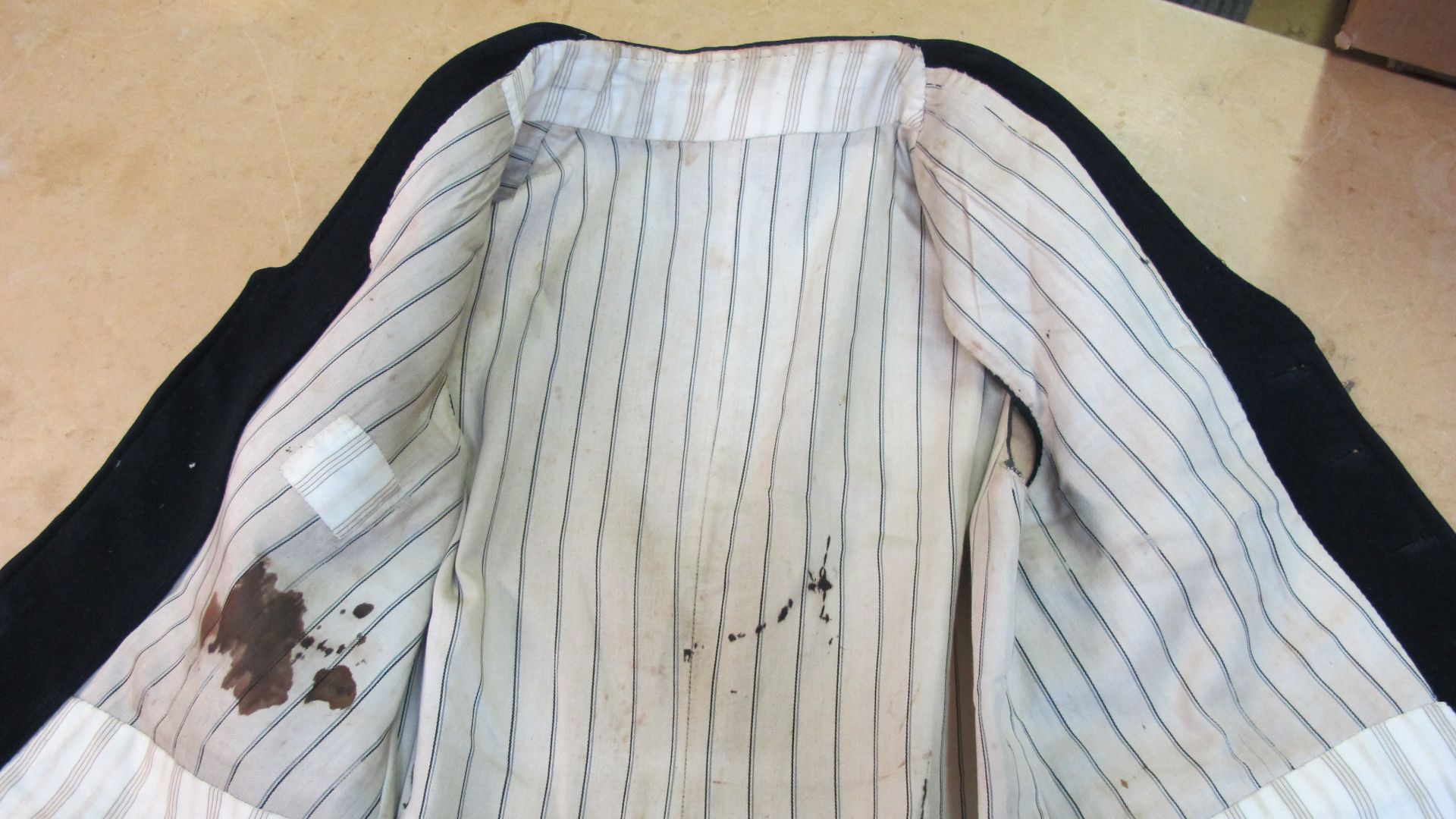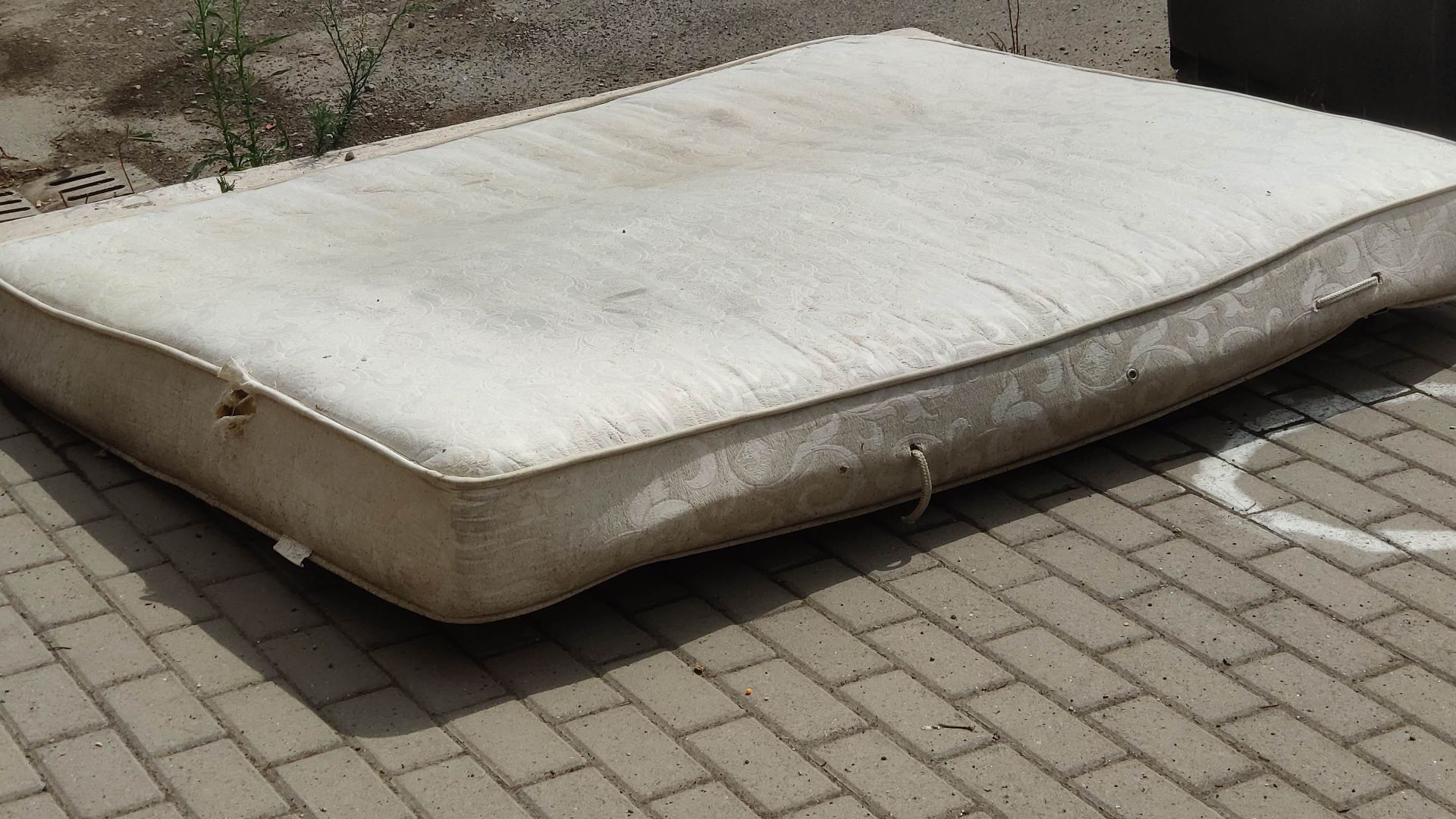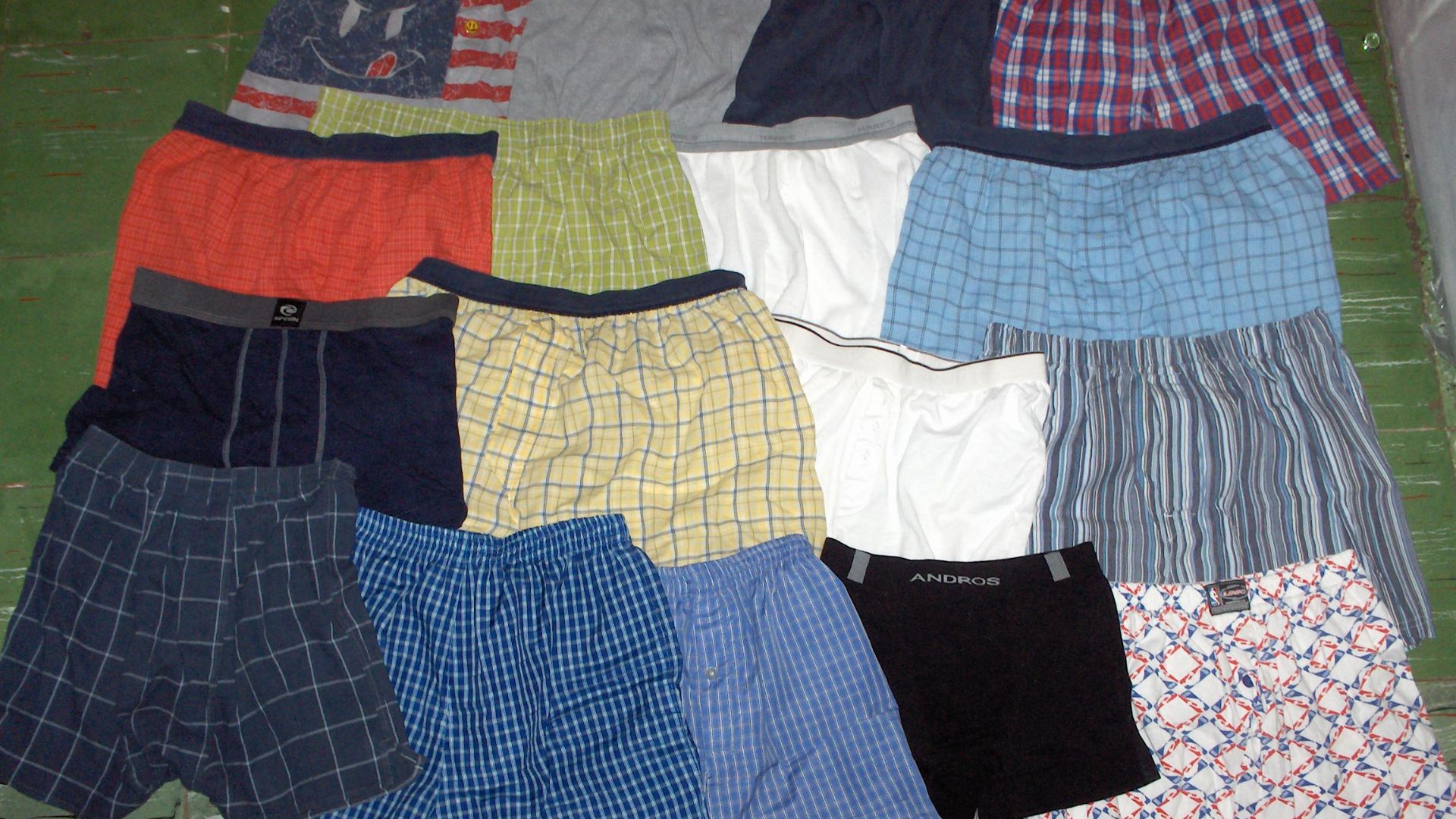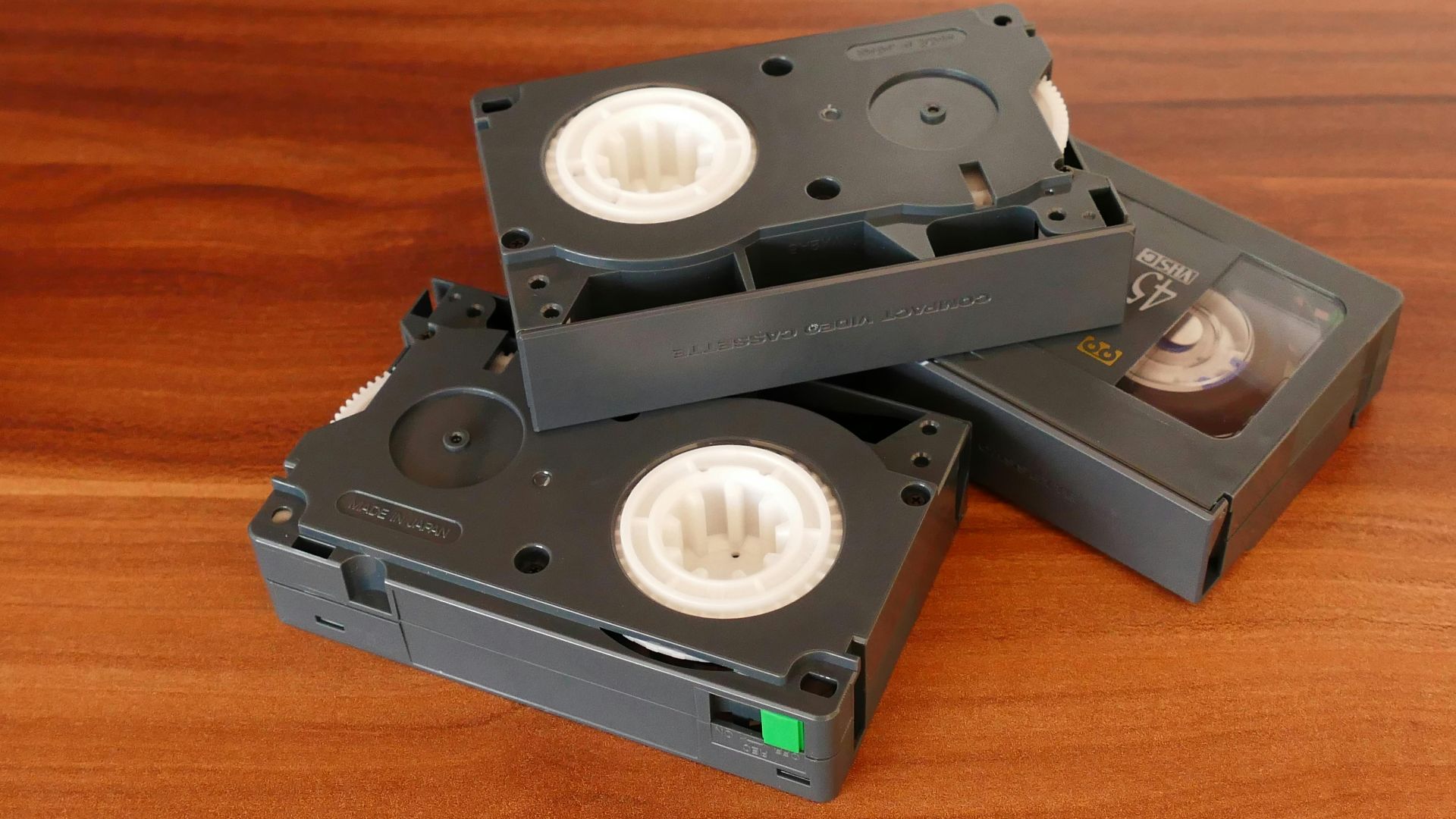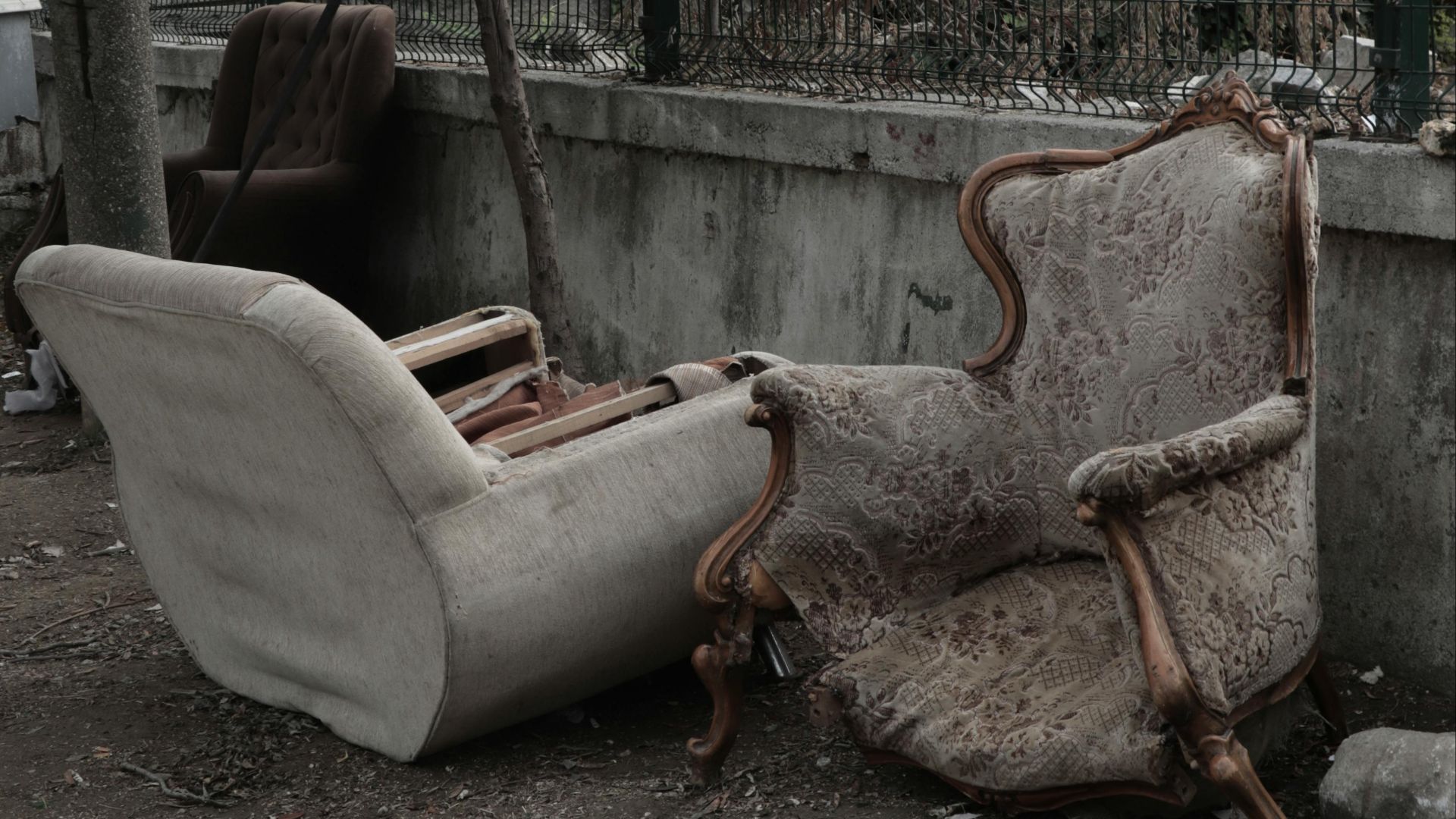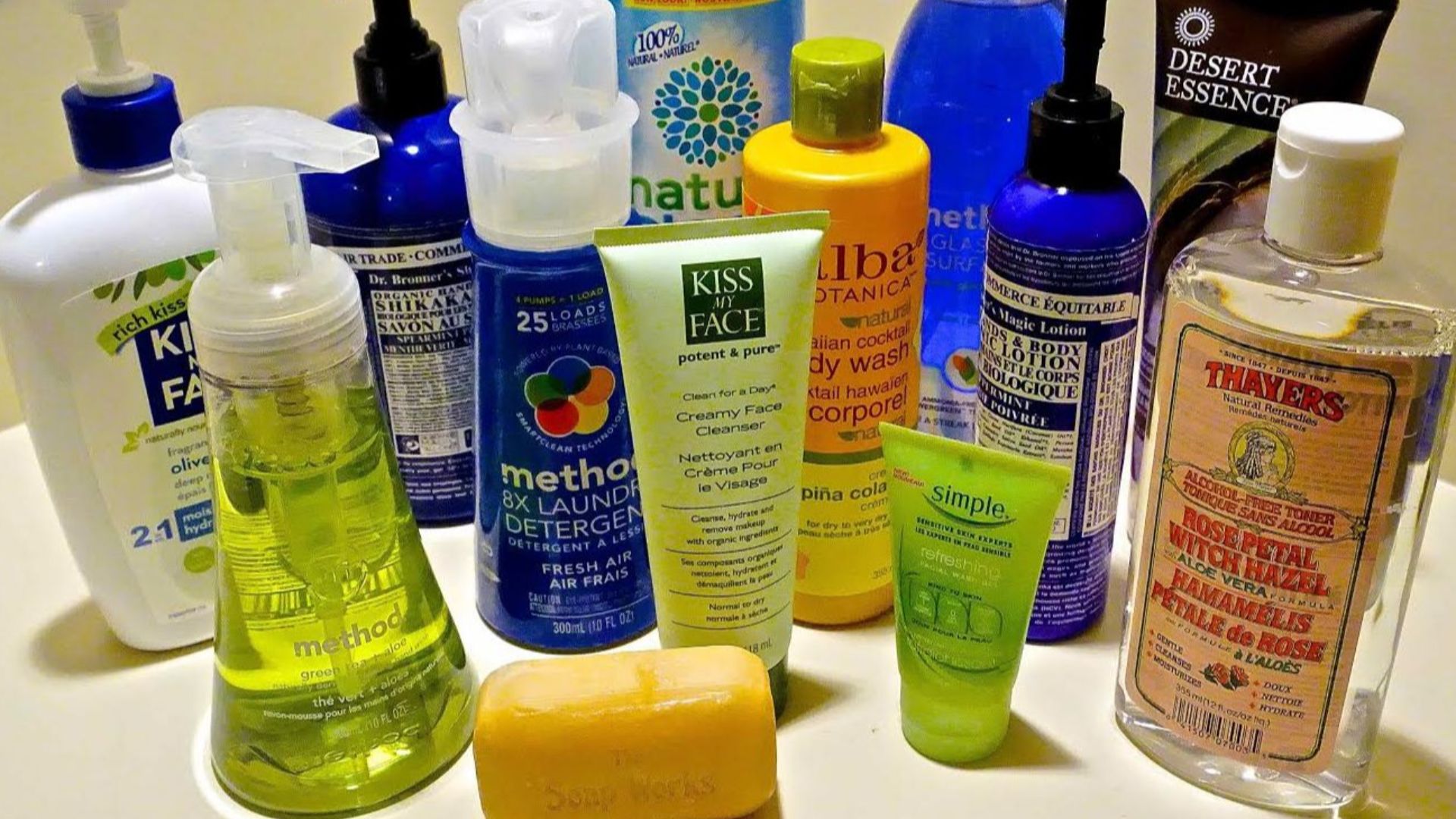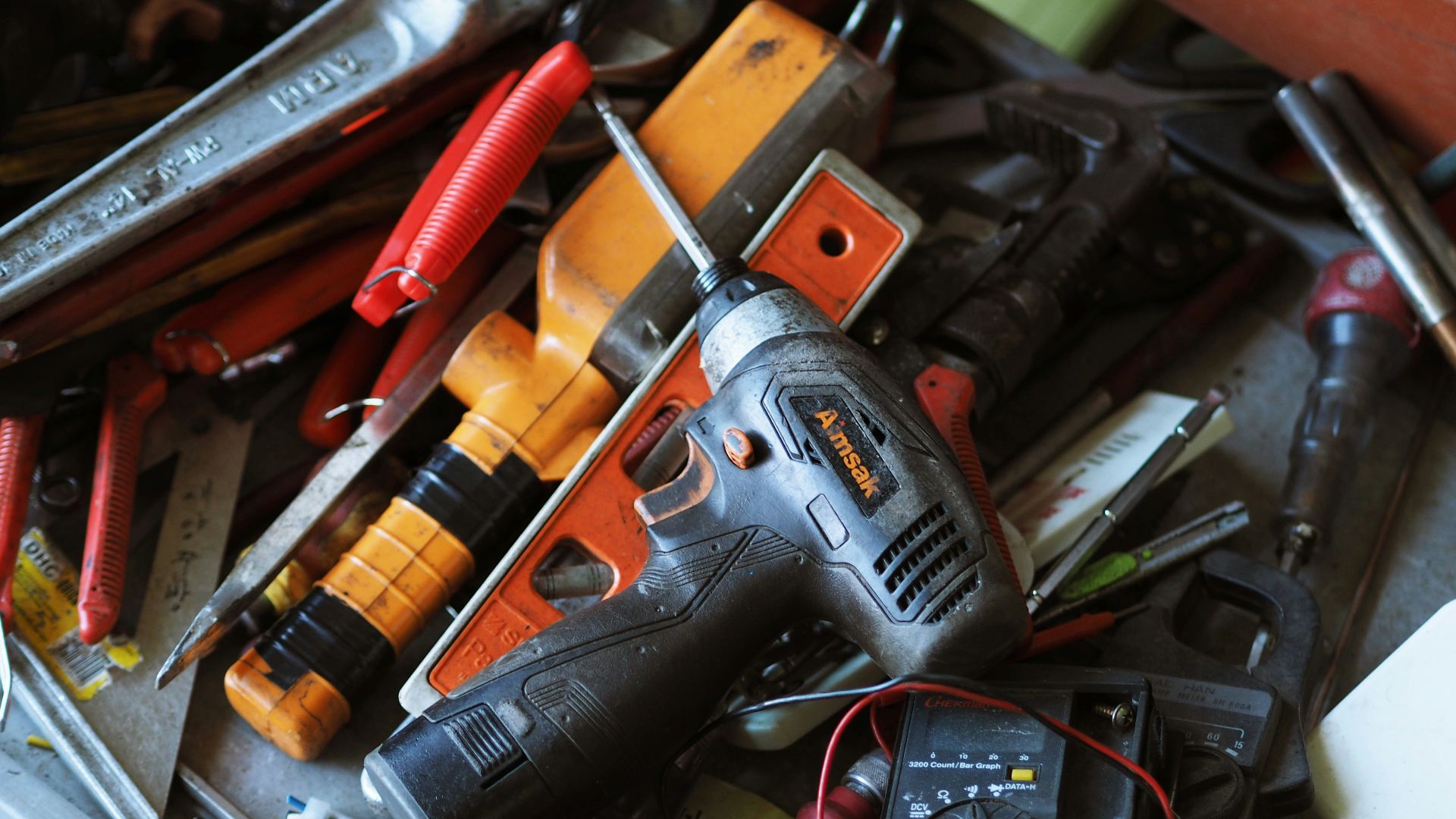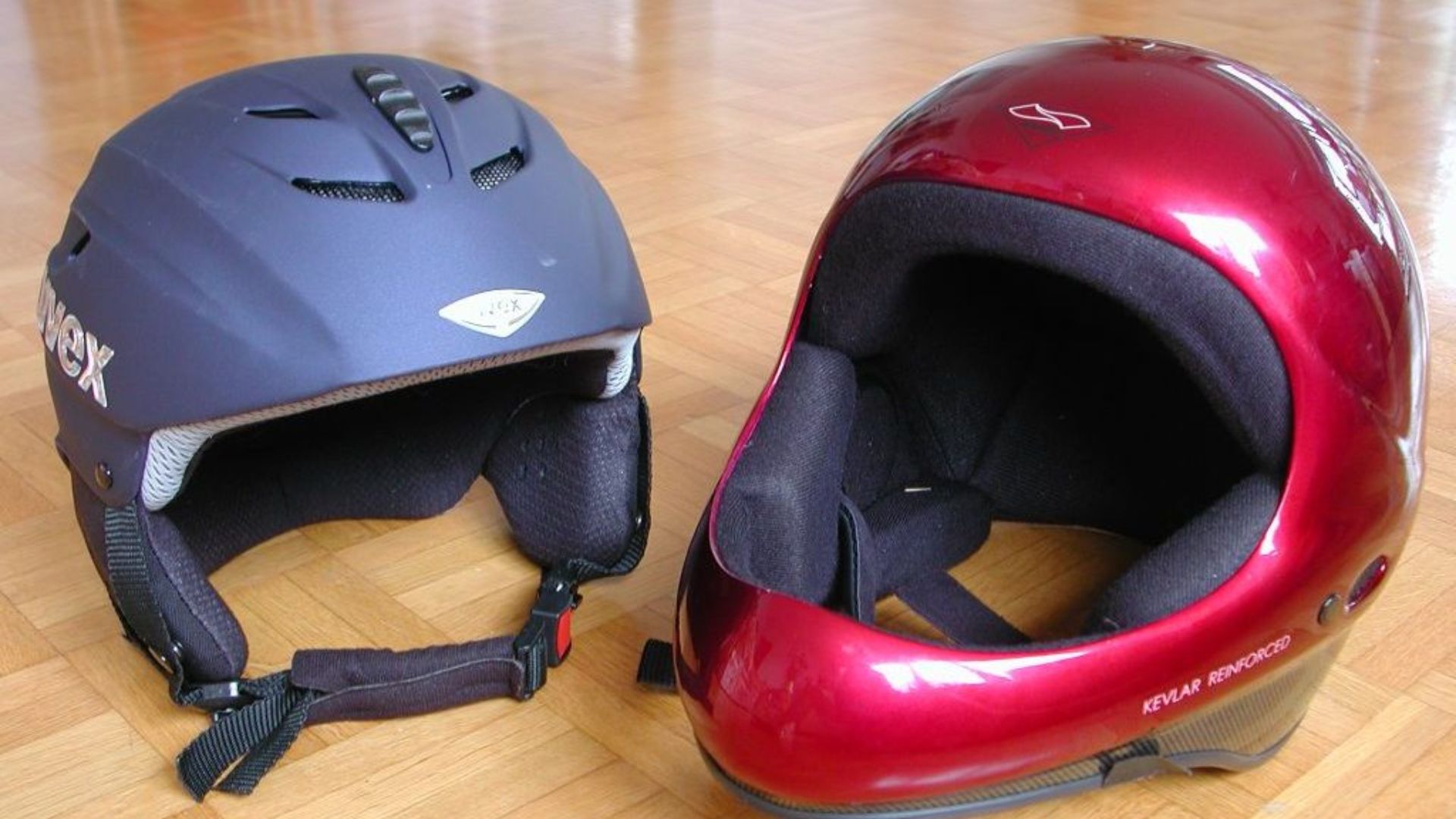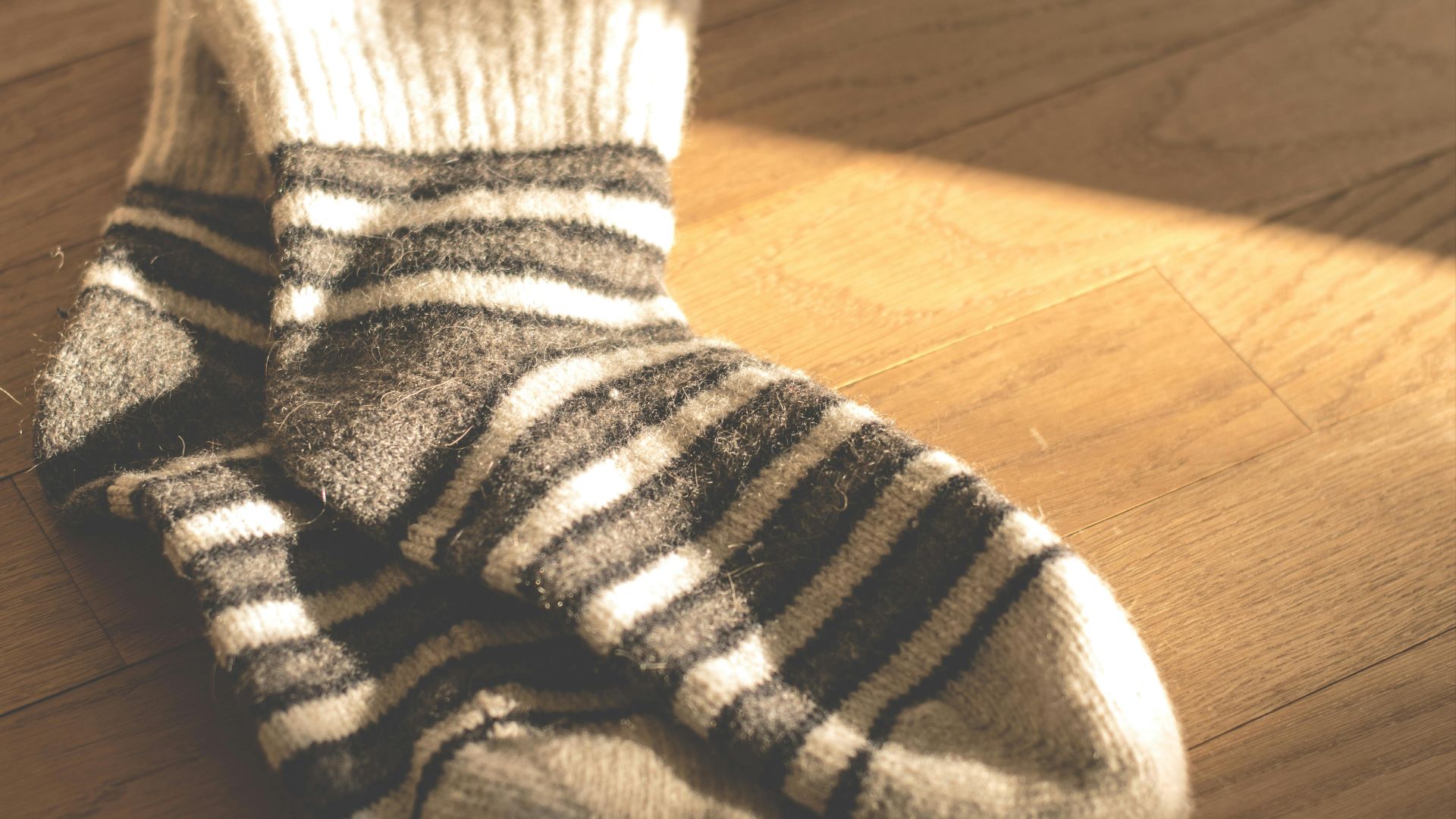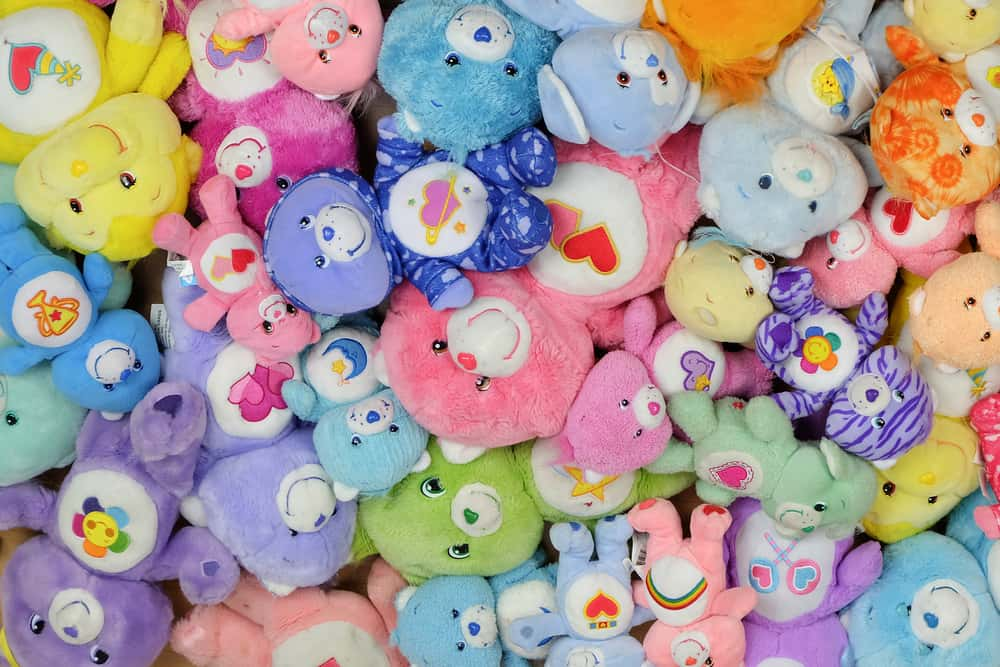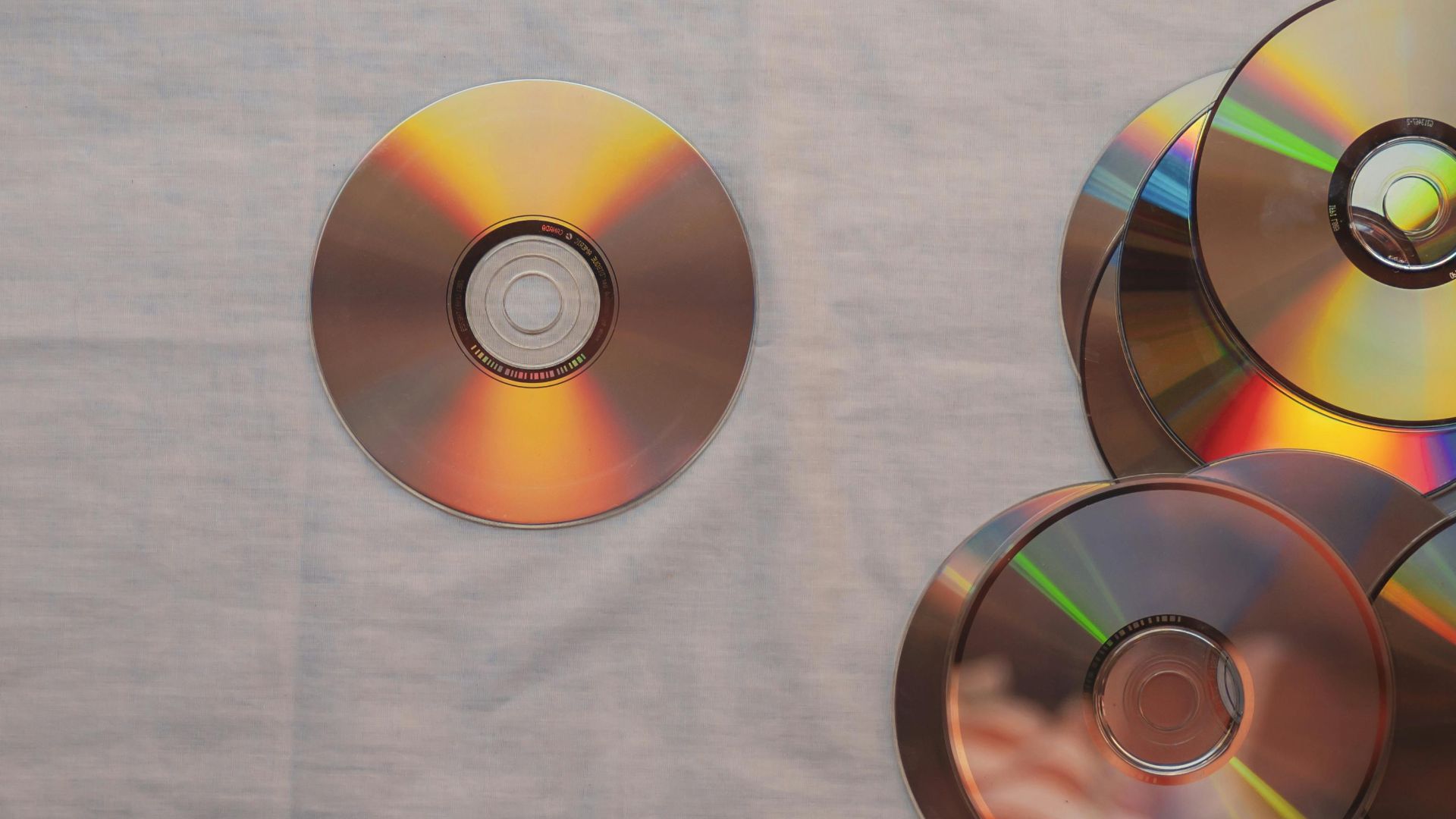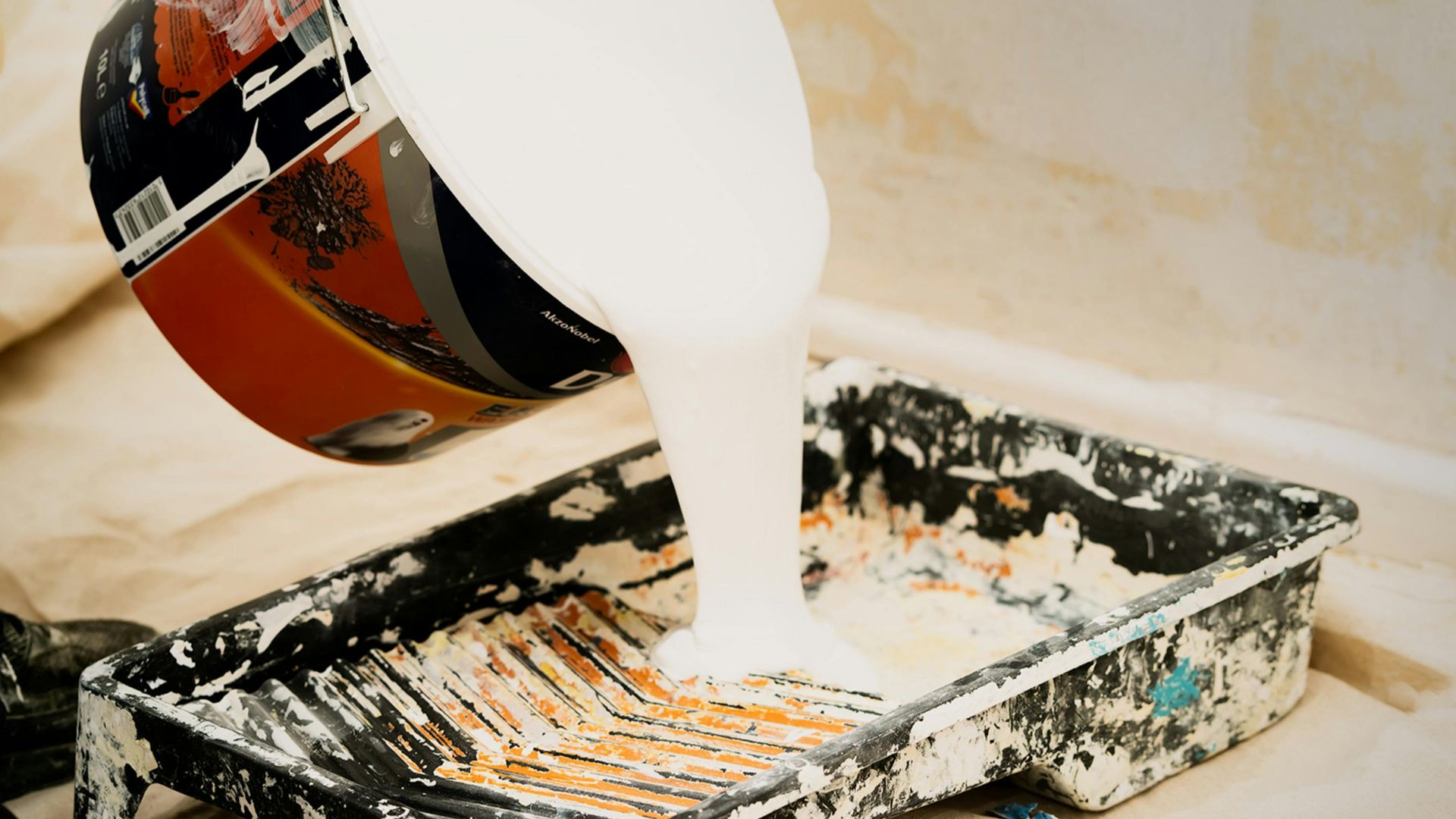Your Heart Is In The Right Place
Showing up at a donation drop-off with a busted blender and a trash bag of clothes might mean well. But meaning well does not translate to actually helping.
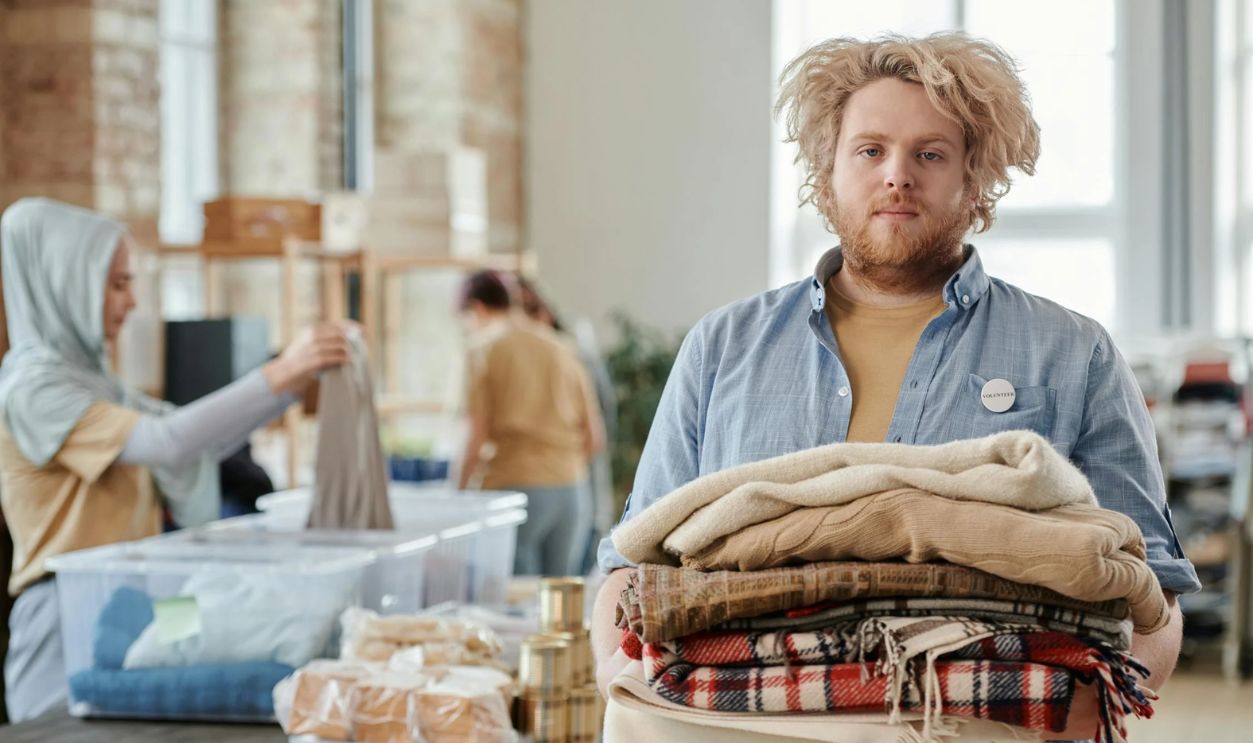
Broken Electronics
Toss a busted DVD player in the donation box, and you think you’re being “green”. Reality check: Most charities don’t have the tech-savvy team or funds to repair it. These dead devices clog backrooms and cost money to haul away. Better solution? Recycle responsibly instead.
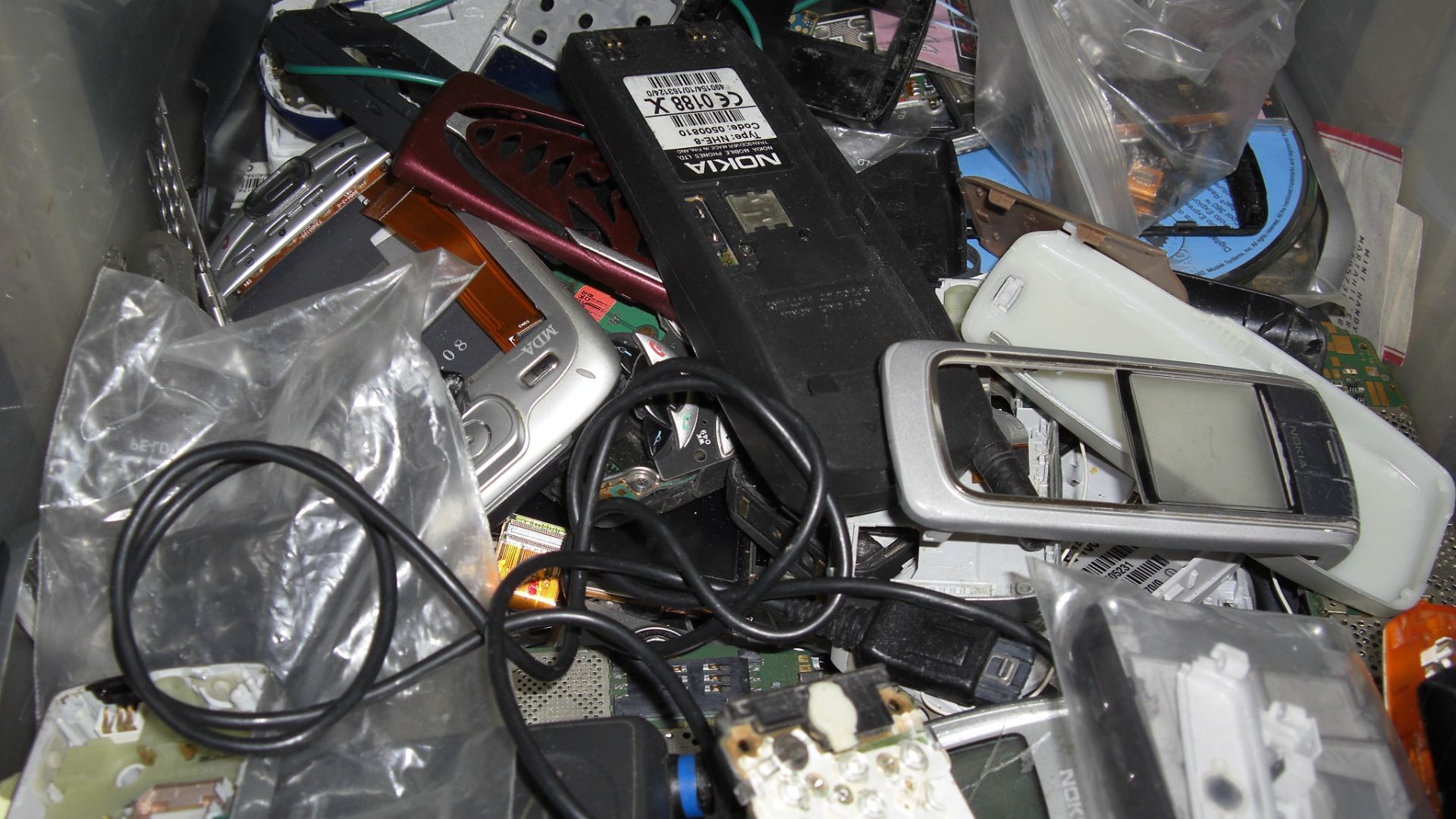 MikroLogika, Wikimedia Commons
MikroLogika, Wikimedia Commons
Stained Or Torn Clothing
Clothes with pit stains or ripped seams might scream “well-loved” to you, but they shout “unsellable” to charity shops. Volunteers must sift through piles, sorting usable items from those bound for the landfill. Imagine wasting hours on a sweater with holes the size of saucers.
Used Mattresses
Mattresses seem generous, right? Big, valuable, necessary. But hold up—they’re also breeding grounds for bed bugs, allergens, and (surprisingly) legal nightmares. Few shops touch them because they know that even clean ones hide surprises. No one wants a haunted coil of mystery on aisle three.
Baby Car Seats
“Safety first” stops at the charity door. That car seat may look fine, but expiration dates and invisible damage make it legally and ethically unusable. Regulations change fast, and liabilities can be massive. Some shops won’t even touch them.
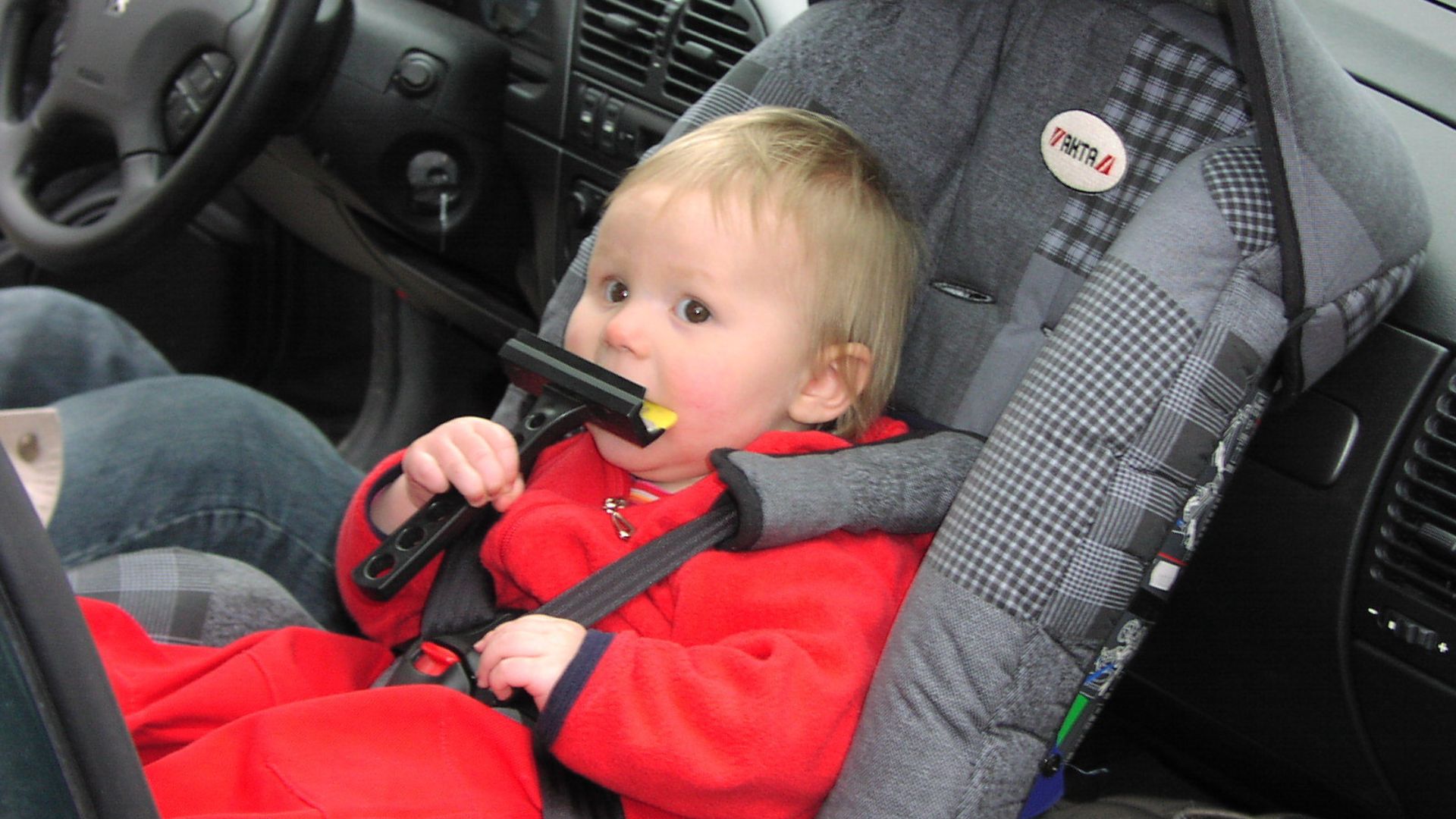 Pieter Kuiper, Wikimedia Commons
Pieter Kuiper, Wikimedia Commons
Used Undergarments
Yikes—just no. Underwear, even washed, crosses a hard line. Just imagine opening a box of granny panties at a charity warehouse. No one wants that job. Period. Intimates must be new with tags or not at all. That drawer clean-out? Keep it out of the donation bin.
Soiled Bedding
Duvets smelling like damp basements or yellowed sheets are not helpful. This is because bedding holds body oils, mites, and mystery stains that no amount of goodwill can erase. Volunteers sniff-test everything. So, before donating, wash it spotlessly or skip the gesture. Nobody wants your uncomfy comforter of doom.
Large Appliances
Fridges, stoves, washing machines, and large grills can weigh a ton and occupy a significant amount of space. In some cases, they may not function properly. Unless they’re in mint condition, they’re more of a hassle than a help. Don’t put others in that bind.
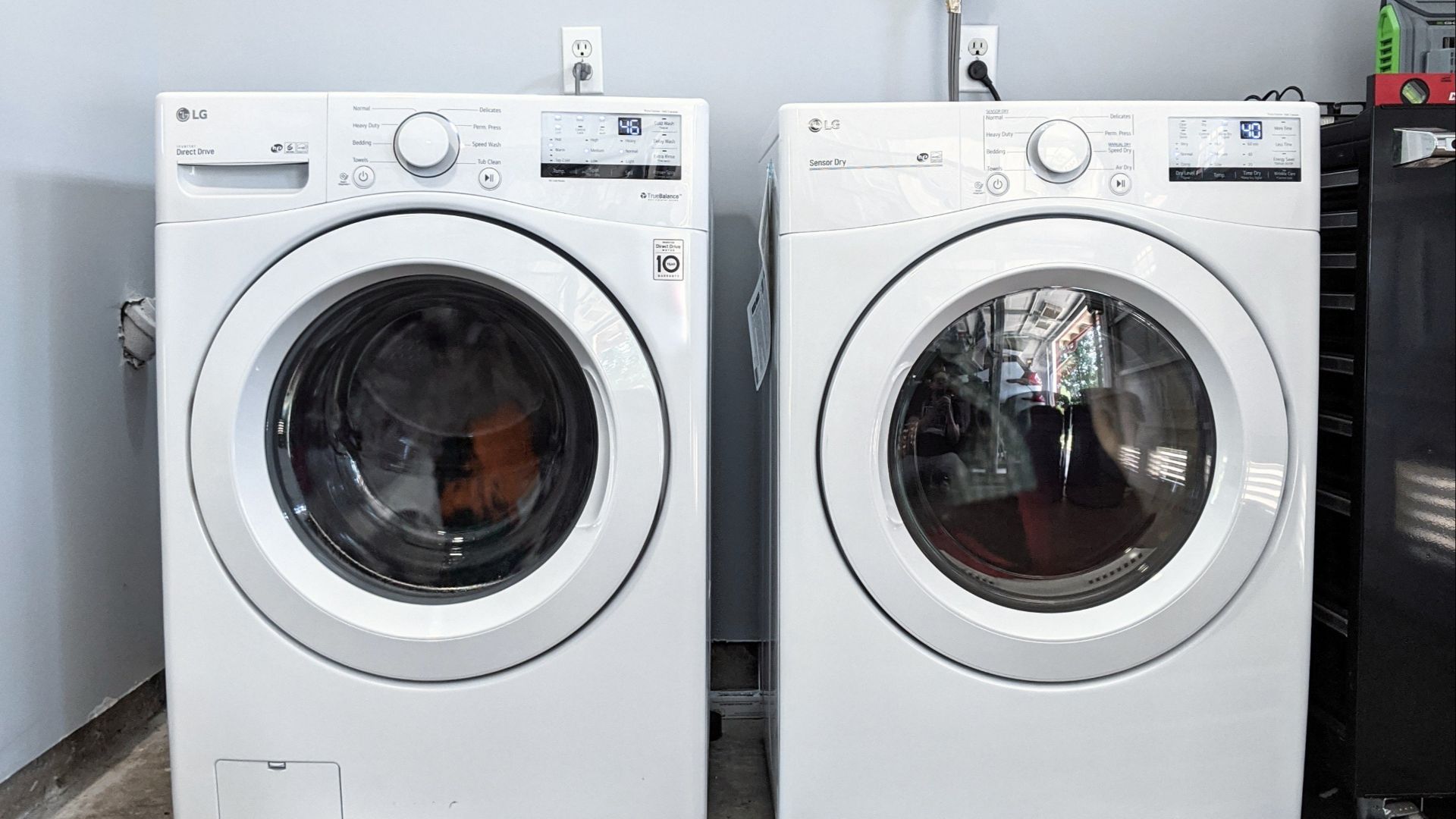 Steve Rainwater from Irving, US, Wikimedia Commons
Steve Rainwater from Irving, US, Wikimedia Commons
Cribs With Missing Parts
Every bolt matters when it comes to baby cribs. A missing rail or loose screw turns that gift into a lawsuit waiting to happen. Retailers face strict safety codes, and so do charities. A missing label or chip in the wood? Game over. Babies need safety, not your throw-away furniture.
Used Pillows
Gross-out alert: used pillows are sponges for drool, dust mites, and who knows what. They flatten and absorb personal scents. Think about that before you donate your pancake-shaped, yellow-streaked headrest. Charities know nobody wants them, so bin it or repurpose it into pet bedding if it’s still usable.
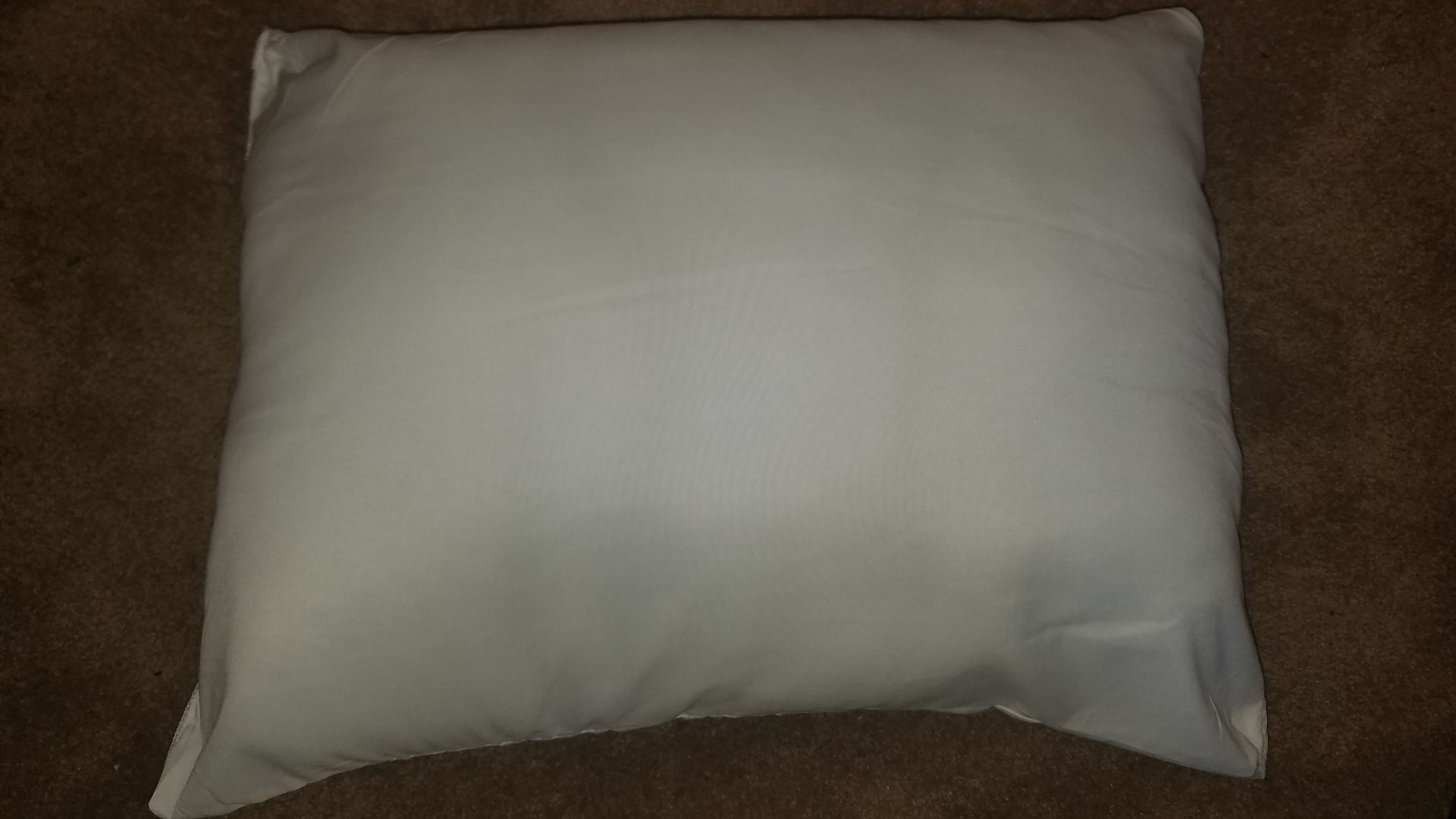 Itrytohelp32, Wikimedia Commons
Itrytohelp32, Wikimedia Commons
VHS Tapes
Unless it’s a vintage or rare type, those VHS tapes won’t sell. Most thrift stores shelf them until they beg for mercy. Nobody has VCRs anymore, and even collectors tend to overlook the common ones. Donating them just delays the inevitable that they’ll end up in the trash.
Damaged Furniture
That wobbly chair you couldn’t fix? It won’t fix itself at the charity shop either. You should realize that staff don’t double as carpenters. Cracked, scratched, or moldy furniture screams liability. Junk furniture stays junk—don’t rebrand it as kindness. Fix and donate, or leave it be.
Used Toiletries
Half-used shampoo, expired sunscreen, opened lotion, or lipsticks you swiped once and then hated—skip them or give them to someone else. Hygiene laws prohibit resale unless they’re sealed. Plus, nobody trusts mystery lotions. Save your dignity and theirs by tossing those tubes where they belong.
Old Magazines
Your Reader’s Digest collection from 1998 isn’t the gem you think it is. Most shops can’t move old magazines unless they’re vintage treasures. Paper yellows, interest fades, and storage space isn’t infinite. Use them for crafts, donate them to schools, or (controversially) recycle them.
Gas-Powered Tools
Sure, that gas-powered chainsaw might still run, but legal limits on fuel handling and tool safety put the brakes on most donations. Imagine someone slicing into trouble with your old hedge trimmer. Not a great look. Drain fuel and call your local tool recycling depot.
Used Helmets
You wouldn’t wear a stranger’s helmet, right? A single crash—or even just a drop—can damage the safety layers inside, and charities have no way of knowing. Add in the sweat and hygiene issues, and it’s a hard no. In many cases, the law prohibits charities from accepting them.
Expired Medications
Okay, why would you even do this? Tossing expired meds into the donation box is dangerous. Medicines degrade, and mislabeling confuses. Legal restrictions restrict charities from accepting them in all instances. Please drop it off at a pharmacy take-back.
 Photo By: Kaboompics.com, Pexels
Photo By: Kaboompics.com, Pexels
Used Socks
Socks are intimate. Really intimate. Especially the threadbare ones with holes in the heels. Donating them puts sorters in a weird position: do they laugh, cry, or cringe? No one wants your toe ghosts. If they’re packaged new, though, that’s a different story.
Unlabeled Toys
Charities require clear labels to comply with resale rules. Unlabeled toys could contain lead paint or simply confuse people because they lack instructions. Nobody wants a mystery doll with no eyes or a bike with no wheels. If it ain’t marked, don’t drop it there.
Used Carpets
You see a rug. Charities see a dirt trap. Smells and stains are all red flags. Used carpets absorb everything from pet dander to old spaghetti sauce. Have you ever tried vacuuming someone else’s mess? Save everyone the trouble and roll that thing into a cleaning or disposal plan.
 Dainis Matisons from Mezares, Latvia, EU, Wikimedia Commons
Dainis Matisons from Mezares, Latvia, EU, Wikimedia Commons
Home-Recorded Media
That CD labeled “Summer 2003 Vibes” means nothing to anyone else. Home-recorded DVDs and burned mixtapes can’t be legally sold because they lack context and may come across as creepy to the buyer. If it’s not commercial, it’s not charitable. Ditch it with discretion.
Damaged Cookware
Cookware with no handles and scratched Teflon should not see another stovetop. And since charities can’t determine how safe they are, they often refuse them when they arrive. No one wants a pan with burnt spaghetti fused to the bottom. But if you’ve got quality in top shape, go ahead.
Opened Food Items
Sigh. This, here, is a health code alert. That half-eaten cereal or salsa jar is forbidden. Charities are legally prohibited from serving or selling open food and beverages. If you won’t eat someone else’s leftovers, why offer yours? Be real. Only donate items that are sealed, safe, and still shelf-stable.
Leftover Paint And Chemicals
You’re not saving the planet by dropping half-used paint cans or cleaning supplies at donation centers. These are classified as hazardous waste and must be disposed of properly. Charities can’t accept them by law, and handling them can be dangerous. Check your local hazardous waste drop-off instead.
Outdated Textbooks
Textbooks from the 1990s aren’t helping anyone pass today’s exams. Education evolves, and so do curricula. Most thrift stores can’t resell them, and libraries also won’t take them. Recycle them or donate only current editions in decent shape to public libraries and other charities.
Super Personalized Trophies And Items
Very, very respectfully, no one wants your bowling trophy from 2004 or that “World’s Best Dad” mug with a name engraved. These items are too specific to be useful and make sorting harder. Repurpose or upcycle them yourself, such as making a planter with the mug.
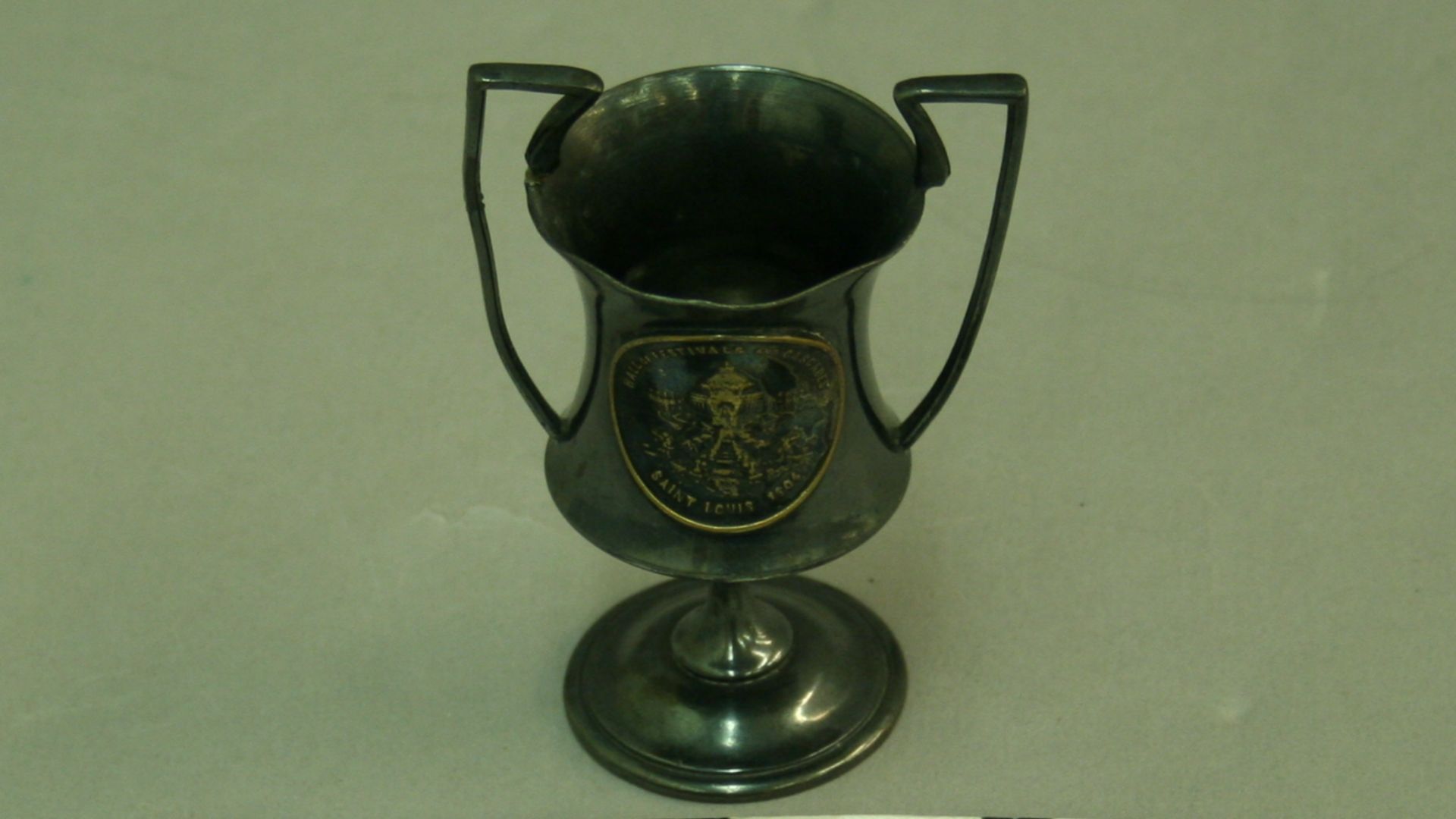 Unknown authorUnknown author, Wikimedia Commons
Unknown authorUnknown author, Wikimedia Commons


